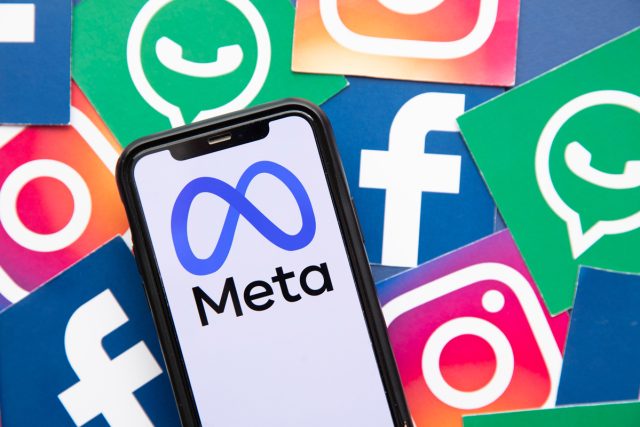Nigeria and Meta appear to be closing in on a resolution to their protracted data protection conflict, with both parties informing a federal court in Abuja that they are at an advanced stage of negotiations to settle the legal battle. The lawsuit stemmed from a nearly $33 million fine imposed on the tech giant by Nigeria’s National Data Protection Commission (NDPC) over alleged violations of local data privacy regulations—marking one of the most significant regulatory actions against a foreign tech company in Africa.
In a joint filing submitted to the court, representatives from both the NDPC and Meta confirmed that constructive discussions are underway, signaling a potential de-escalation in tensions between Nigerian regulators and one of the world’s largest digital platforms. While no final agreement has been made public, the acknowledgment of progress suggests a possible compromise that could set a precedent for how global tech firms engage with emerging market regulators.
Meta’s suite of apps—WhatsApp, Facebook, and Messenger—is deeply embedded in daily life across Nigeria, where they serve not only as primary communication tools but also as vital channels for commerce, banking, education, and civic engagement. With over 200 million people, Nigeria represents Africa’s largest consumer market and a strategic hub for Meta’s operations on the continent.
The current dispute is part of a broader regulatory scrutiny facing the company in Nigeria. In a separate but related case, the Federal Competition and Consumer Protection Commission (FCCPC) fined Meta $220 million in 2024 for “multiple, repeated, and continuing infringements” of consumer rights and competition laws. That penalty was upheld by a tribunal in April, although Meta continues to contest the findings, arguing that the enforcement process lacked due process and misapplied domestic legislation.
Legal experts say these cases reflect a growing assertiveness by African regulators seeking to hold multinational technology companies accountable under national laws. As digital economies expand, governments are pushing back against what some describe as a long-standing imbalance in power between sovereign authorities and Silicon Valley giants.
At the same time, Meta faces ongoing challenges beyond compliance. In Kenya, content moderators hired through third-party contractors are pursuing legal action against the company, alleging psychological harm caused by exposure to graphic and traumatic content during their work. These claims highlight the human cost behind AI-driven content moderation and add another layer of reputational risk for the platform across the region.
The outcome of the Nigeria Meta data dispute could influence how other African nations approach digital governance. A negotiated settlement may encourage dialogue-based resolutions, while prolonged litigation could deepen mistrust and prompt more aggressive enforcement measures elsewhere.
For now, the reported progress signals a shift from confrontation to cooperation—a development welcomed by stakeholders invested in stable digital ecosystems. As Nigeria seeks to balance innovation, consumer protection, and sovereignty, its engagement with Meta offers a test case for the future of tech regulation in Africa.
Whether this leads to lasting policy change or remains an isolated diplomatic effort, the world will be watching closely.
Follow us on Instagram.
https://www.instagram.com/businessnewsng?igsh=ZXpweTdjOGF1ZXdu





















